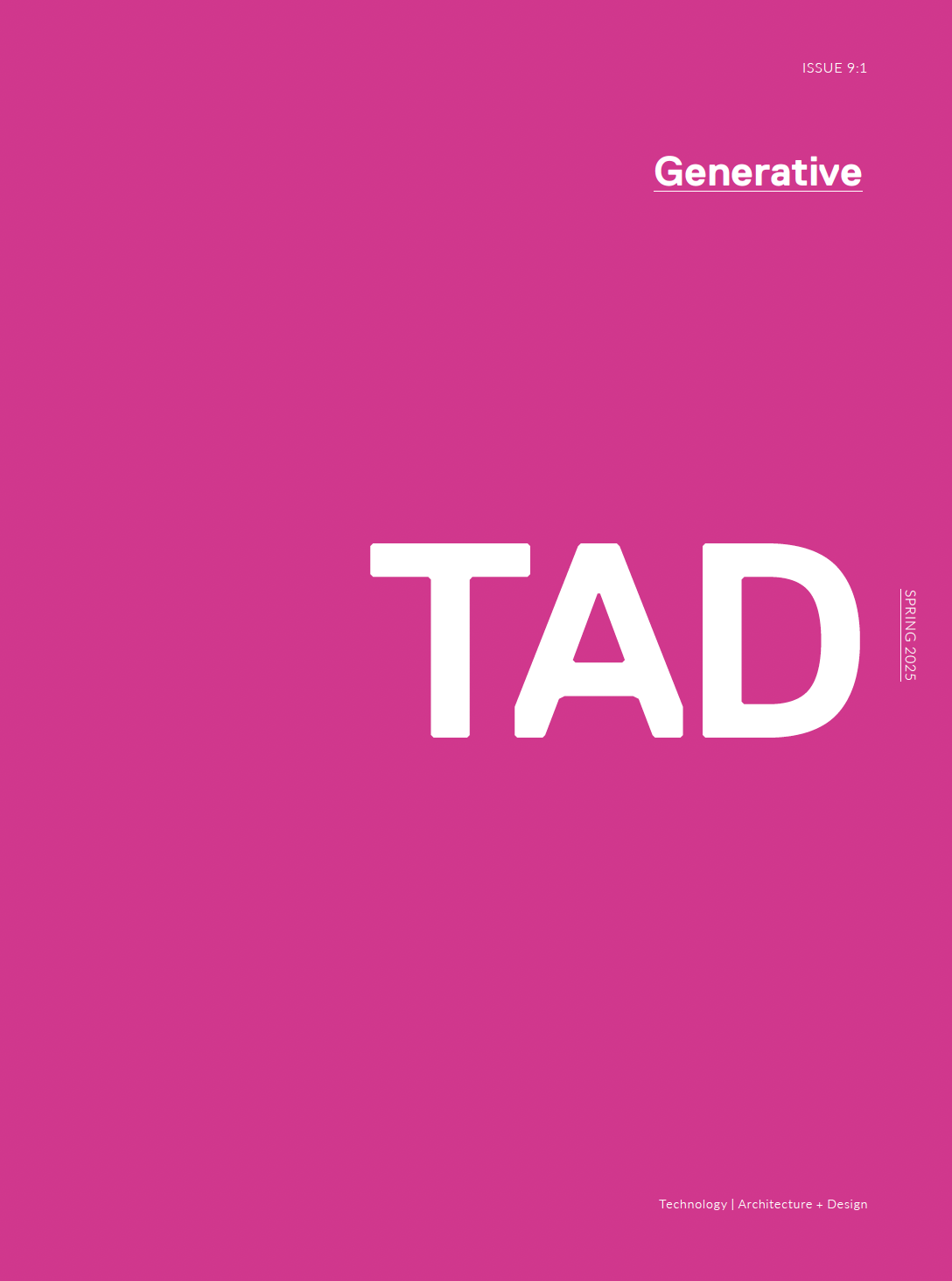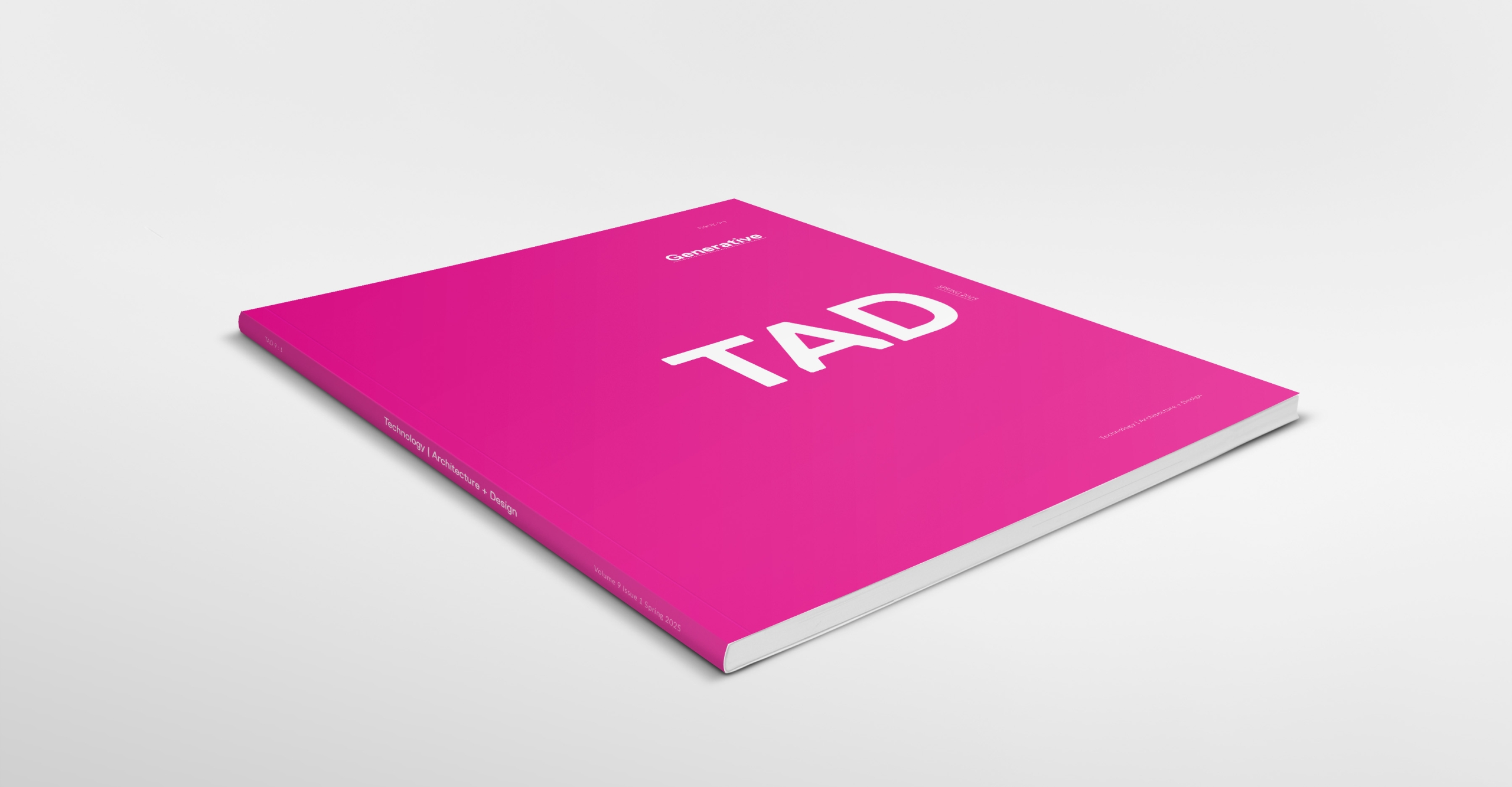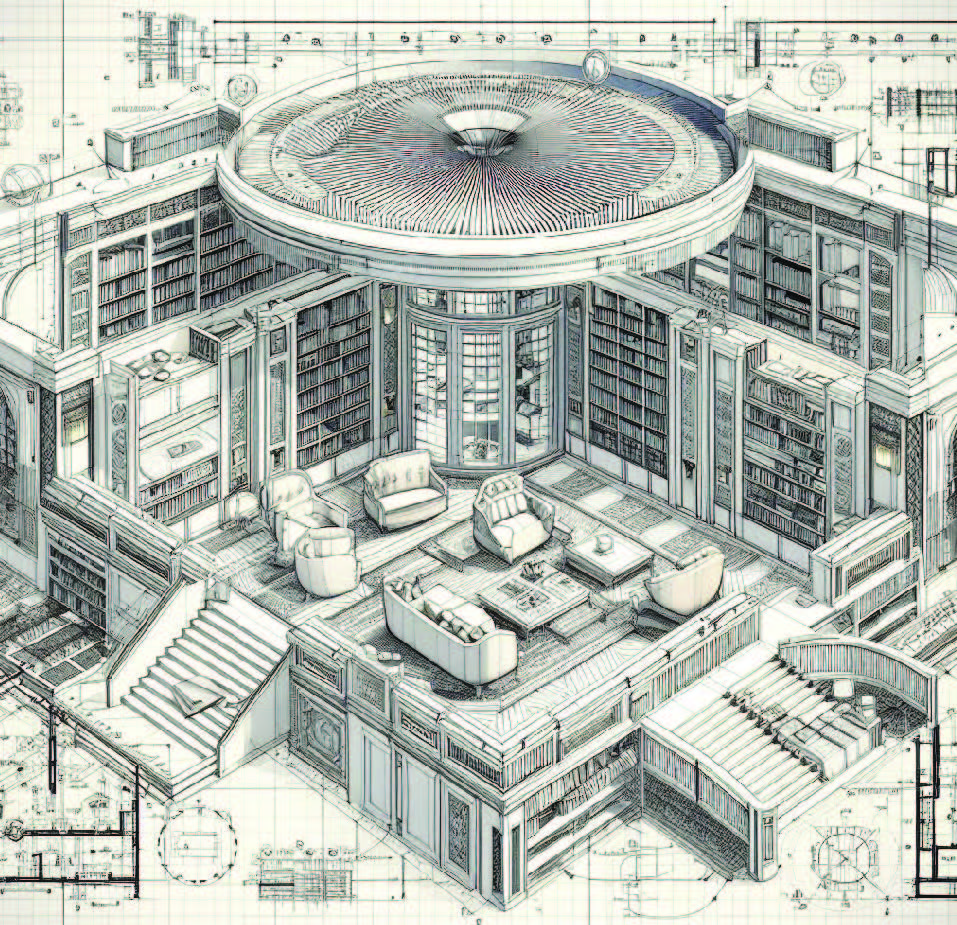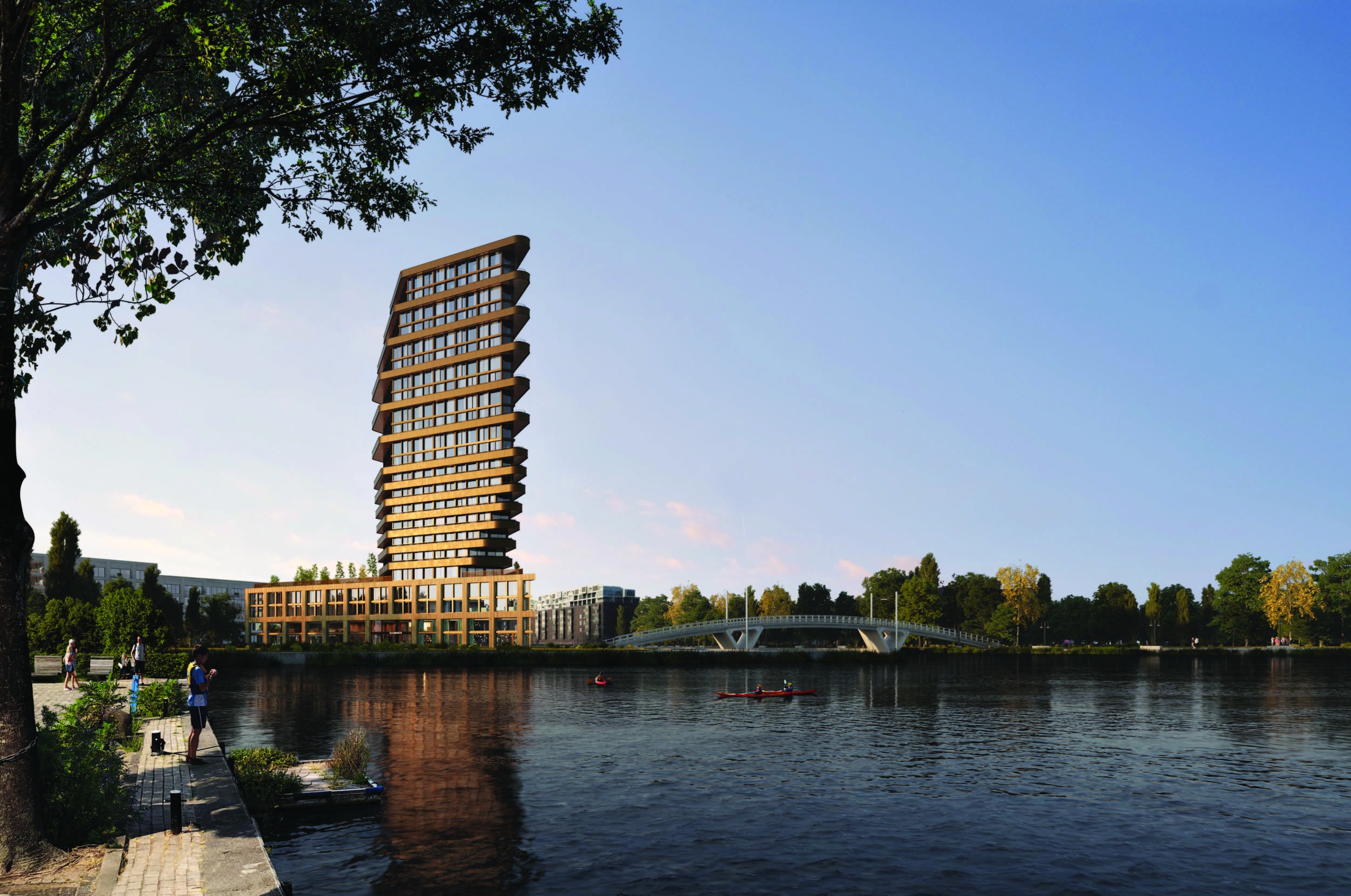In design practice and education today, technologies infuse the design process across all stages of project development. Computer-aided design tools allow design problems to be explored in ways that impact human cognition and augment its capabilities. The emergence of generative AI technologies capable of human-like writing and image creation has the potential to supercharge these impacts – opening the door to new modes of knowledge and design creation and a host of new problems. Current generative AI technologies are built on massive amounts of curated data that can infringe on intellectual property and promulgate biases. These generative systems also problematize notions of authorship and responsibility, posing new legal and ethical questions. Therefore, the development and application of these systems in the design disciplines must be carefully considered from various perspectives to foster their humane and ethical use.








